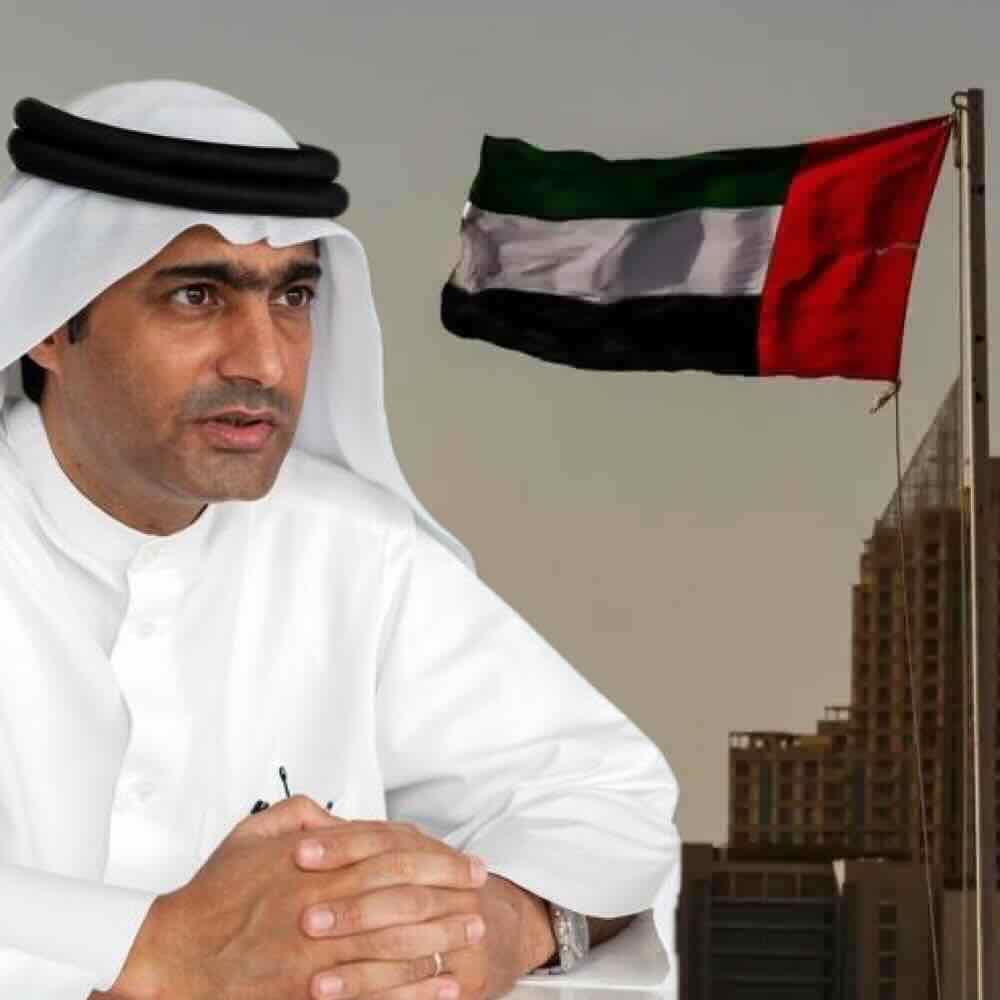As the UAE is preparing to host the 28th annual United Nations climate conference, known as COP28, next November in Expo City Dubai, the treatment of a prisoner at Al-Sadr prison, about 36 miles away from Expo City, reveals a different reality.
The prisoner is Ahmed Mansoor, and he has been held there, largely incommunicado, since 2017, serving a 10-year sentence on unjust charges that stem from peaceful dissent.
He is the most prominent human rights activist in the UAE, a federation of seven semiautonomous emirates that allows little space for civil society and does not permit citizens the right to choose their government.
It appears that some UAE officials hope to mute any discussion of Mr. Mansoor’s plight — and that of other political prisoners — during the summit. The London-based Center for Climate Reporting, a nonprofit journalism outfit, last month published details of leaked audio recordings of UAE officials at a meeting discussing how to prepare for COP28.
According to the center, one of the UAE officials declared that conversations about human rights should be restricted to issues related to climate change, to ensure the summit is not used as a “free pass to throw everything at us.”
But the Dubai summit is a good chance for the rest of the world to call attention to the miserable UAE human rights situation, starting with calling for Mr. Mansoor’s release.
Mr. Mansoor was arrested again in 2017. For more than a year, his family and friends did not know where he was being held, and he had no access to a lawyer. The first news articles about the arrest suggested that Mr. Mansoor was being charged with publishing “false news” to “incite sectarian strife and hatred” and “harm the reputation of the state.” But no charge sheet has ever been made public.
He was convicted on five, all related to his human rights advocacy, such as tweeting about injustices, participating in international human rights conferences online, and exchanging email and WhatsApp messages with representatives of Human Rights Watch and the Gulf Center for Human Rights.
His trial and his appeal hearing were closed. He has complained repeatedly that he is denied basic necessities such as blankets and personal hygiene products, held in solitary confinement and permitted only infrequent contact with his family. He went on two hunger strikes in 2019.


